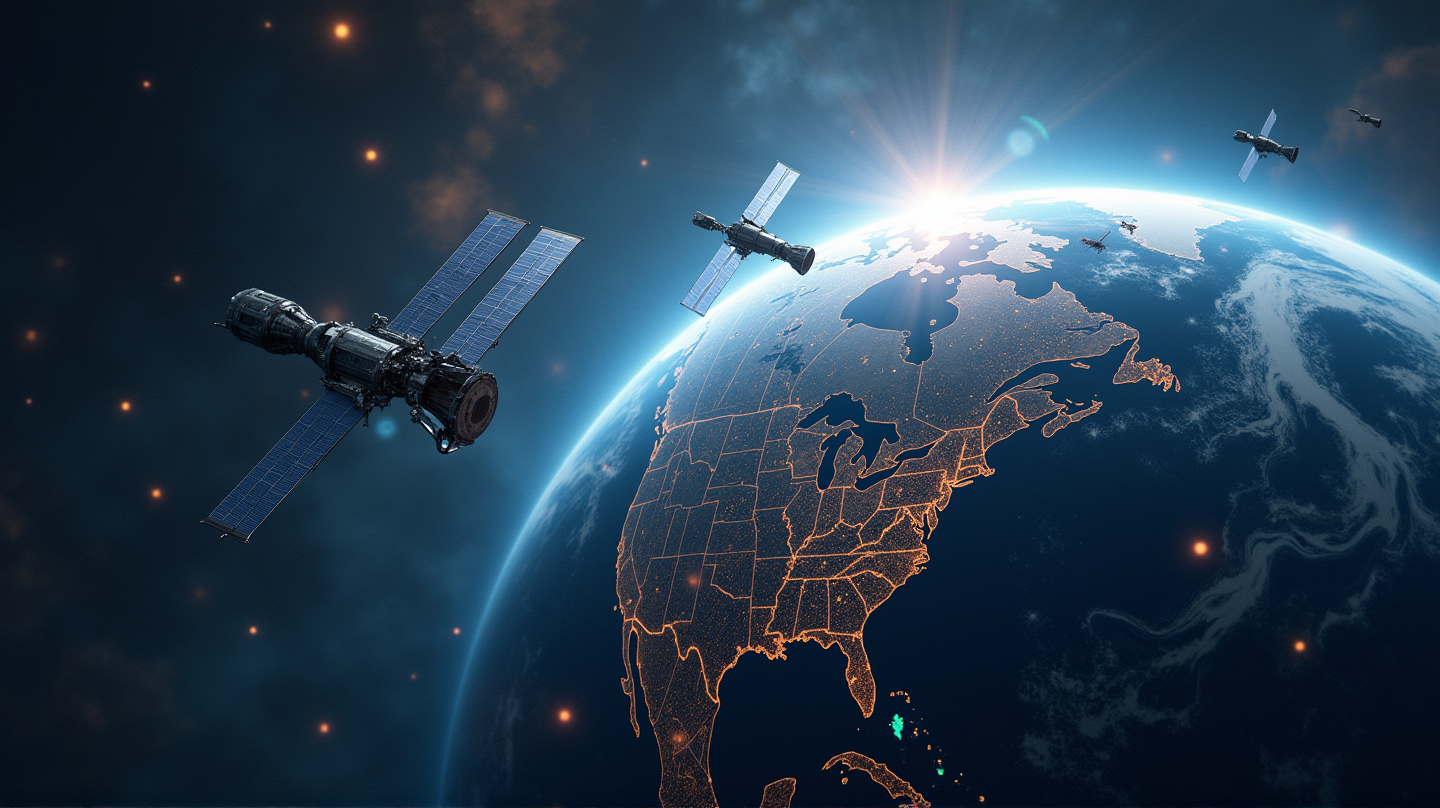Is Skynet Becoming Reality? China's Bold AI Leap into Space Exploration

Skynet May Not Be Science Fiction As China Is Taking AI To Space
In a move that appears to pull directly from the pages of a sci-fi novel, China is propelling itself into the future by integrating artificial intelligence into its space endeavors. This groundbreaking advancement could indeed mirror the Skynet scenario, famously depicted in the “Terminator” franchise, but with a focus on scientific exploration and innovation rather than dystopian outcomes.
The Pioneering Endeavor
China’s commitment to technological prowess is no secret, and its recent venture into space AI is a testament to its ambition. Equipped with cutting-edge AI technology, satellites are being deployed to gather information with unprecedented efficiency and accuracy. These intelligent systems are designed to operate autonomously, analyzing data and making decisions without waiting for commands from Earth.
Harnessing AI for Space Missions
The integration of AI into space missions is not solely about collecting data—it also empowers satellites to respond to environmental stimuli. For instance, if a satellite detects unusual atmospheric activity, it can prioritize data collection in that area, ensuring vital information is not missed. As stated in Attack of the Fanboy, these advancements signal a new era in space exploration where AI takes center stage in uncovering cosmic mysteries.
Implications for Global Technology
China’s bold steps in utilizing AI for space exploration challenge global leaders to rethink their own strategies. This leap forward is more than a technological statement; it’s a declaration of intent for future explorations that could redefine space research paradigms. The nation’s push to intertwine AI with outer space not only cements its position as a technological trailblazer but also reshapes international dialogues on AI governance and space protocols.
Overcoming Challenges
While the foresight of integrating AI into space missions is thrilling, it’s not without challenges. Key concerns revolve around ensuring cybersecurity, the ethical implications of autonomous decision-making, and maintaining control over these AI systems. Addressing these issues is crucial to preventing any adverse scenarios, such as those depicted in dystopian films and literature.
A Hopeful Glance Towards the Future
Despite the potential obstacles, China’s initiative is largely met with optimism among tech enthusiasts and space researchers. It marks a collaboration of intellect and innovation, striving towards shared goals of discovery and understanding of space. The potential to uncover new insights into our solar system and beyond remains a tantalizing possibility, hinting at a future where AI and space exploration work hand-in-hand to unlock the universe’s secrets.
In conclusion, as China accelerates its AI integration into space pursuits, the world watches closely. While Skynet-like apprehensions may surface, the promise of advancing our cosmic understanding holds far greater allure. This venture, blending artificial intelligence with celestial exploration, truly positions China at the forefront of an uncharted frontier.

